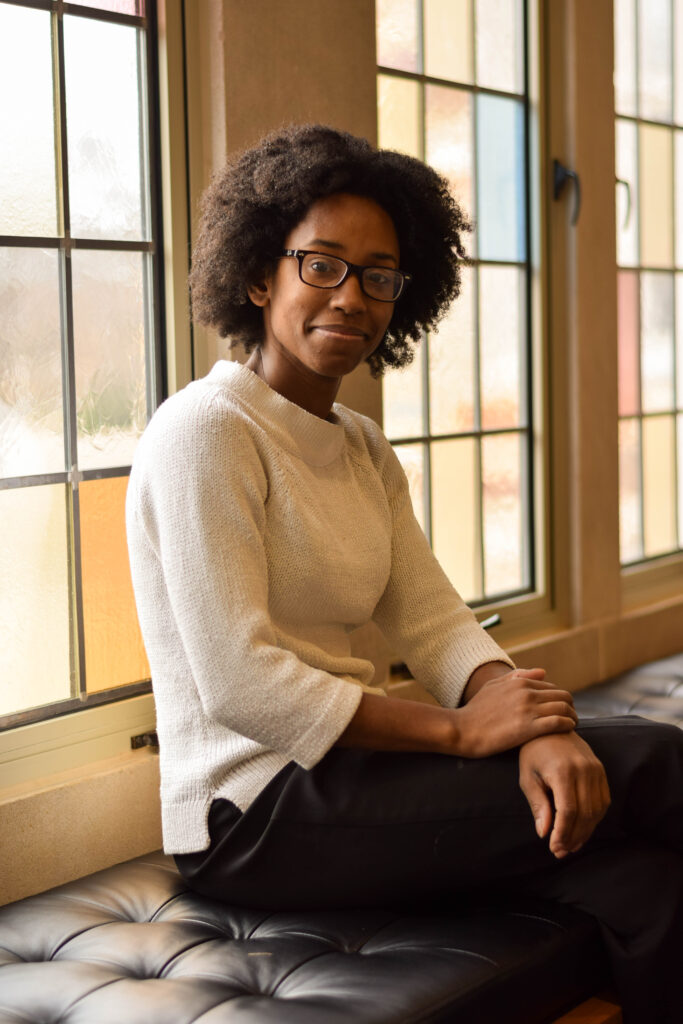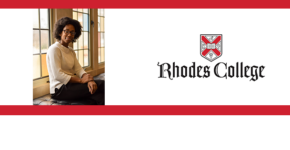 On Rhodes College Week: Students are also in the COVID-19 vaccine race.
On Rhodes College Week: Students are also in the COVID-19 vaccine race.
Shana Stoddard, assistant professor of chemistry, discusses how applying what you learn in class can help the world.
Shana Stoddard is an assistant professor of chemistry at Rhodes College. Her research is focused on improving patient outcomes with autoimmune disorders, in particular idiopathic membranous nephritis (IMN), through development of auto-antibody-specific inhibitors, antigen-specific therapies, as well as novel methods for development of antigen specific therapies. In her lab, she uses a combination of computational chemistry, biochemistry and cell-based assays.
COVID-19 Treatment and Foundational Chemistry
Scientists all over the globe are working hard and fast to develop vaccines and treatments for COVID-19. That includes a group of chemistry students in Memphis, who this spring applied what they learned to help address this real and pressing issue.
The group of students, during the remote phase of instruction in the Foundations of Chemistry Lab class, developed rules to help researchers design the best antiviral drug to target COVID-19. The students then used these rules to design several antivirals that could shorten the length of time someone is sick with COVID-19. We tested dozens of compounds and conducted virtual computations, exploring different shapes, organizations and chemical properties to see how well certain drugs could bind to the coronavirus’ main protein, which affects how it reproduces. We discovered that cinanseren, an existing drug, showed moderate strength against the main protein in the COVID-19 virus. We made improvements to the drug based on the rules we defined in the research project to make it even stronger, and hopefully, more effective against the deadly COVID-19. Several of the improved compounds designed are now being pursued for testing in my Molecular Immunotherapeutics Research Lab.
This illustrated for the students how they can use what they learned in chemistry and apply it to solving a real-world issue in real time, even while in a virtual environment. It also demonstrated to the students the value and importance of bringing diverse perspectives into the scientific environment.
Everyone approaches problems differently, and that’s beneficial for scientific innovation. We know that significant scientific discoveries are made when you bring a diversity of voices, perspectives and backgrounds into the lab to pose questions and pursue investigations.

Comments
3 responses to “Shana Stoddard, Rhodes College – COVID-19 Treatment and Foundational Chemistry”
Great work Dr. Shana Stoddard!
Congratulations Soror and fellow Panther!
Awesome Dr. Stoddard! Congratulations.